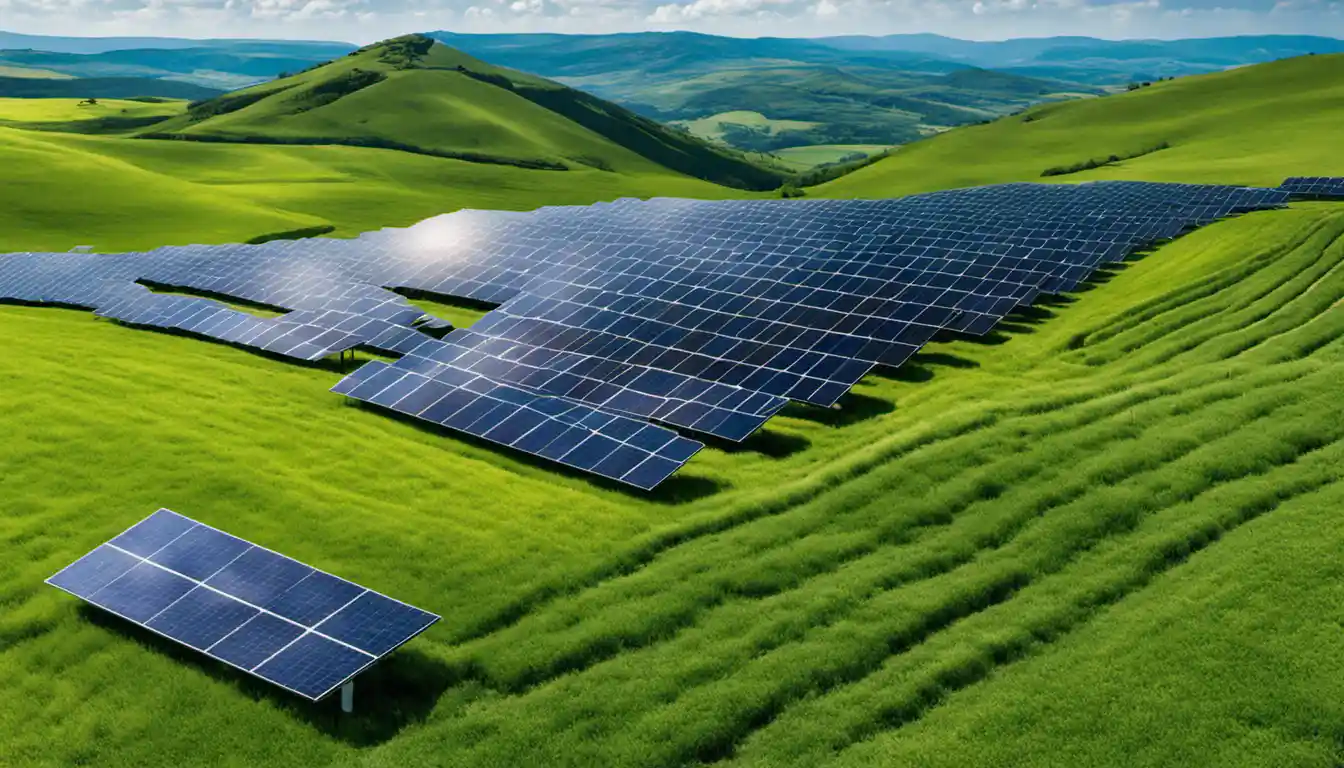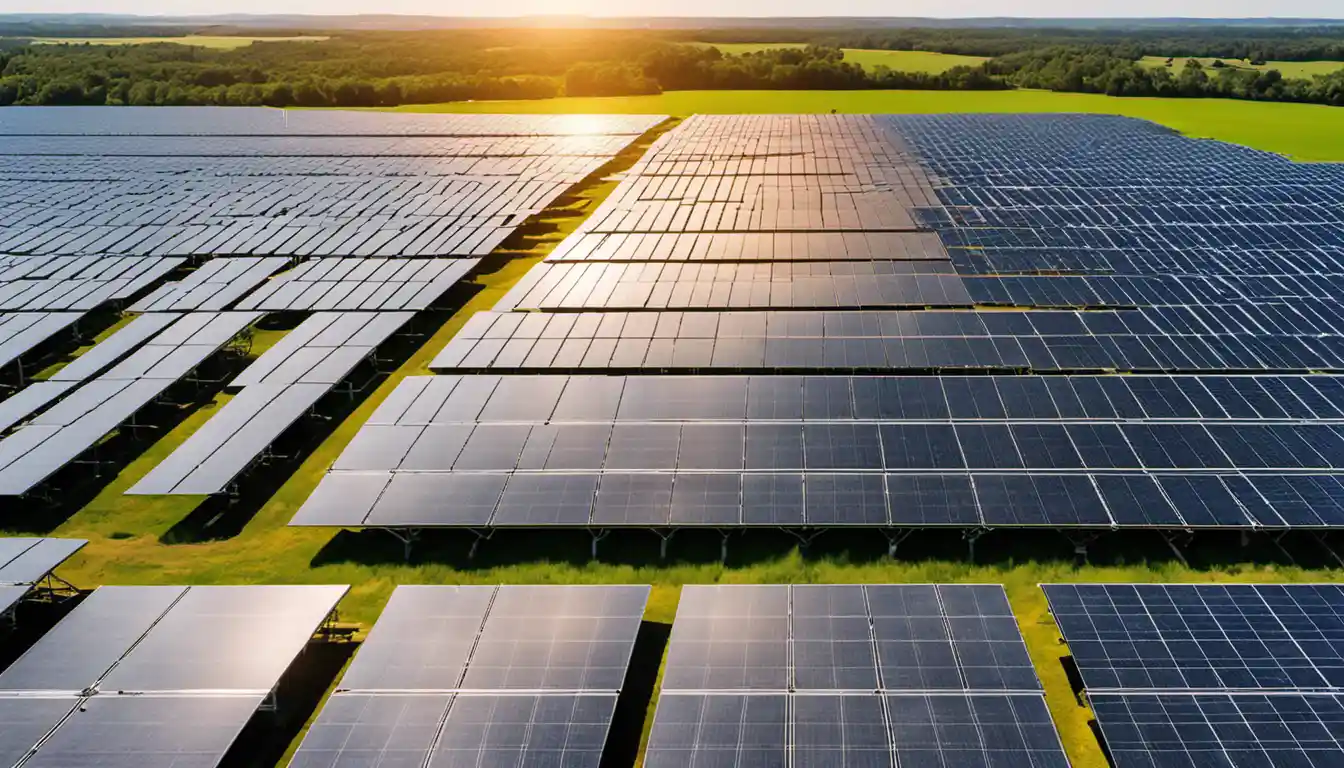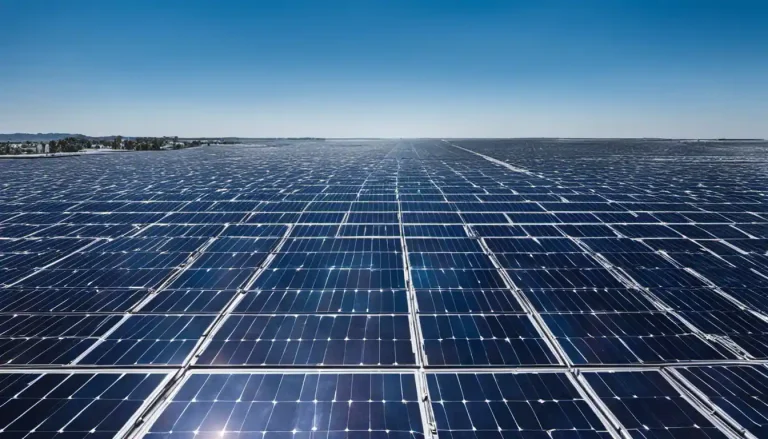Understanding Your Energy Usage
The number of solar panels you need to generate 1000 kWh per month can vary depending on the average sunlight your location receives and the wattage of the solar panels. However, if you use a 250-watt solar panel as a benchmark, you would need approximately 28-34 solar panels to generate 1000 kWh per month (assuming an average of 5 peak sunlight hours per day).
Solar Panel Efficiency

Efficiency is a critical factor when calculating how many solar panels you’ll need for 1000 KWh per month. Higher efficiency means a solar panel can convert more sunlight into electricity, reducing the number of panels needed. Modern solar panels average around 15%-20% efficiency, but this can largely vary between models. Factors like materials, type (monocrystalline, polycrystalline, or thin-film), and technology employed influence solar panel efficiency.
How Many kWh Does a Solar Panel Produce Per Month?
Understanding how many kWh a solar panel can produce in a month is pivotal to answer “how many solar panels do I need for 1000 kWh per month”. On average, a typical 250-watt solar panel will produce around 30 to 35 kWh per month. However, there are high-capacity panels available that can generate more power. Always read the product specifications to know exactly how much power a specific panel model can produce.
The Effect of Geographic Location

Knowing where the solar panels will be installed is another key component. Some areas have more sun hours per day on average than others, and thus the output of the solar panels will be higher. For example, if you’re in Arizona, known for its abundant sunshine, you’ll need fewer panels compared to somewhere more cloudy like the Pacific Northwest.
What Affects Solar Panel Output Efficiency?
A number of factors can impact the efficiency of your solar panels, derating the energy output. First, temperature plays a considerable role. Solar panels are most efficient at 77°F and lose about 0.5% of their efficiency for each degree above this. Furthermore, dirty solar panels will absorb less sunlight, affecting the energy output. Lastly, your system’s wiring and inverters can also affect how much power you end up getting at the end of the chain.
Calculating the Number of Solar Panels for 1000 kWh Per Month

Now let’s get to the heart of the question: How many solar panels does it take to produce 1000 KWh per month?
First off, you need to know how much energy the solar panel can produce per day. To find this out, divide the panel’s wattage by the average number of peak sunlight hours you get per day (this figure is usually between 3 and 5 hours).
So, if you use a 250-watt solar panel, and you get 5 hours of peak sunlight: 250 watts x 5 hours = 1250 watt-hours or 1.25 kWh/day
Now to know how much this panel can produce in a month (30 days): 1.25 kWh/day x 30 days = 37.5 kWh per month
To find out how many panels are needed to generate 1000 kWh/month, divide your target (1000 kWh) by the amount one panel can generate (37.5 kWh): 1000 kWh / 37.5 kWh = approximately 27 panels
You can also use our online tool (/calculate-kwp-solar-panel) which easily calculates the number of solar panels you need based on your kWh usage and location.
Concluding Thoughts
As we’ve explored in this comprehensive guide, calculating the number of solar panels you need for 1000 kWh per month depends on various factors like the efficiency of the panels, the geographical location, and average peak sunlight hours. Understanding these factors empowers you as a homeowner to make an informed decision when considering solar panels. Like the sun itself, this knowledge is power—solar power.



